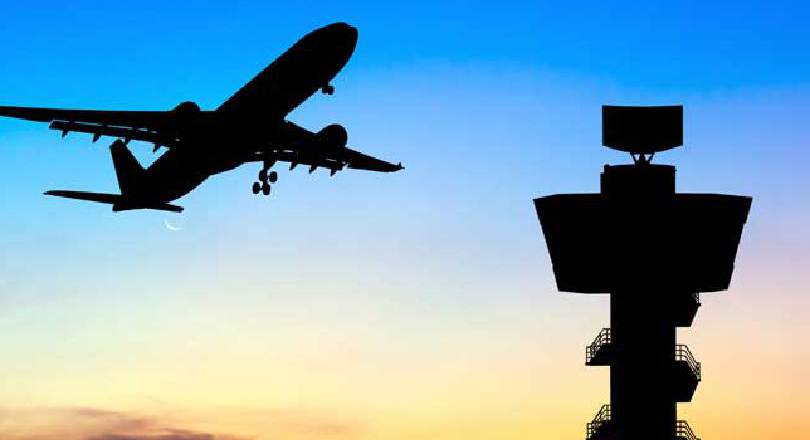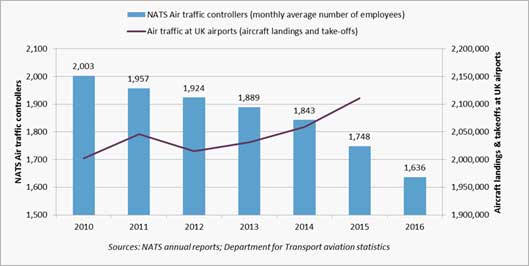This came in response to a new report by the Civil Aviation Authority that found that short staffing at NATS (which runs the UK's air traffic control) led to a lack of operational resilience and delays to flights.
Prospect is a major union in the aviation sector, including nearly 2,000 air traffic control officers. It has long argued that airlines, including Ryanair, pushing for cuts in the charges they pay would lead to there being too few staff to maintain service levels.
Steve Jary, Prospect national secretary for aviation said:
“As the airline that suggested charging people for using on-board toilets, Ryanair should know that every service has a cost. Rightly passengers expect safe flights and delays to be minimised. But this can only be achieved in air traffic control by having the right number of air traffic control officers.
“We have been working with NATS to improve resilience by making sure staffing levels are increased and more staff are trained. But it takes a long time to train an ATCO and the failure rate of new trainees is high. Having cut numbers, it will take time and cost a lot of money to build them back up again.
“It is therefore ridiculous for Ryanair to continue to argue that they want to have their cake and eat it.
“The recent cuts in air traffic control costs - which Ryanair insisted on – amount to less than a pound in the price of a return air ticket. Did Ryanair pass that onto passengers? If they did, would passengers rather have a safe service with fewer delays? Air traffic control isn’t something where passengers want corners to be cut.”
Prospect has also contested claims that the problems could be resolved simply through increasing the amount of voluntary overtime that air traffic controllers work. Jary continues:
“Relying on more overtime was only ever going to be a short term fix. Increasing overtime on a long-term basis brings with it a whole host of other problems for fatigue, long-term illness and safety.
“In a safety critical area like this, the only solution can be a proper long term workforce plan that trains the staff we need, and can also adapt to increases in the number of flights.”
Number of air traffic controllers at NATS has fallen as air traffic is increasing:
If you work in aviation and want to make your voice heard at work then join Prospect today.
There is more on Prospect's ATCOs branch here.


